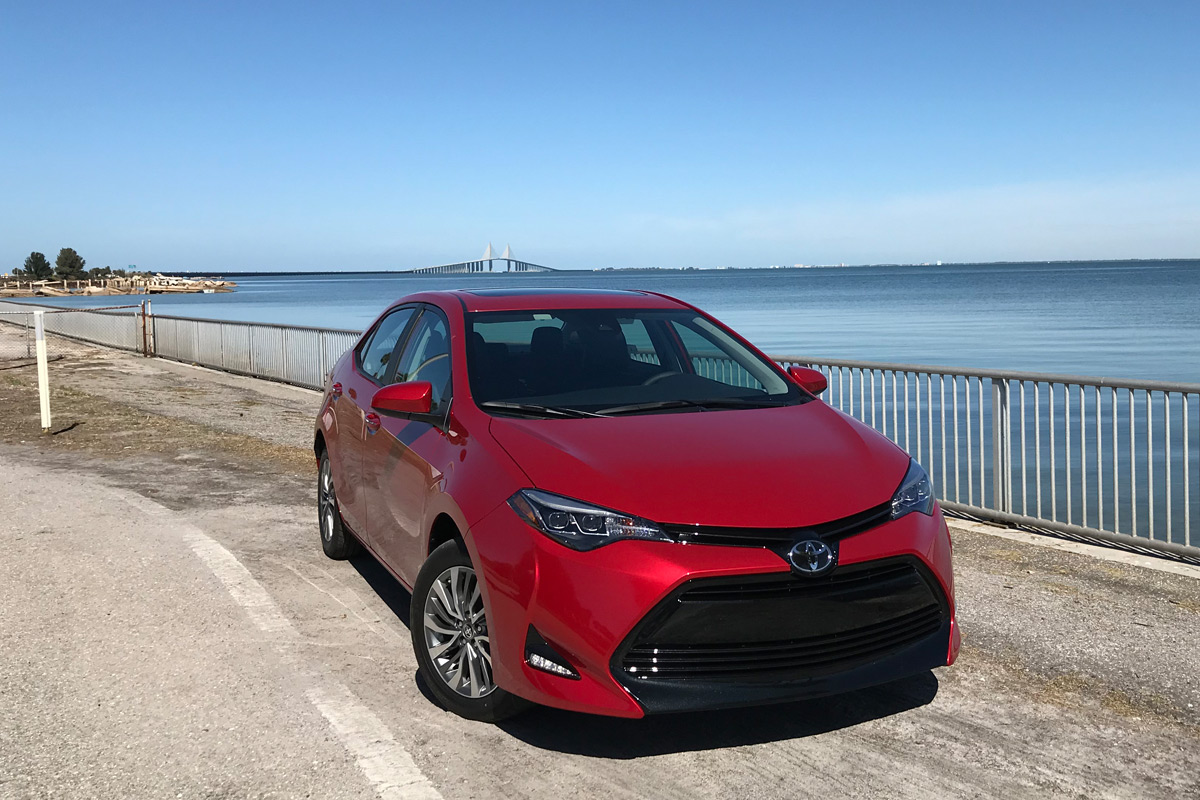Guy Stuff
6 Surprisingly Simple Steps I Used To Find My Perfect First Car
The experience of buying your first car is as precious as cruising in it with your friends, juicing on freedom, and eating liberty fries. I got my first car in 2018 when I was 22. I had a vague idea of what I wanted but I was majorly clueless about how I should go about it.
Nevertheless, where there’s a will, there’s a freeway — I zoomed deep into research mode and navigated around the corners of the internet to finally reach my destination of a perfect car. It was the Toyota Corolla.
Looking back, I can connect the exact dots which made me arrive at the Toyota Corolla. So I decided to create a roadmap for other first-buyers out there to circumvent common obstacles along the road.
#1 Using a Budget:
As you know, being just out of college, affordability is usually one of the biggest driving factors for your decision. I followed the below guide when I was working at my first job, along with a few side hustles, to fund my car:
- Add up your monthly income: Include wages and any self-employed income.
- Add your savings: Include existing savings or your planned savings before the purchase.
- Add up living expenses: Include fixed expenses that don’t change (rent, utilities, etc) and variable expenses that do change (food, entertainment, emergency expenses, etc)
- Add the costs of ownership: Include the cost of auto insurance, registration, and maintenance costs.
This was the golden equation I used to calculate my budget for a car:
(Monthly Income + Car Savings) – (Living expenses + Costs of ownership)
Make your monthly car payment no more than 10-15% of your gross pay or 20% of your take-home pay.
#2 Fuel type and Transmission
Once you understand what kind of budget you’re working with, it’s time to start narrowing down your choices and understand your needs and priorities.
First, you need to decide your power source: gas, diesel, or hybrid? Each has its pros and cons. You can make your decision depending on where you plan on driving the car, cost, and driving experience. My daily commute is not that high, and it’s mostly in the city, so I chose the petrol version. If you do have a high commute it’s worth looking into fuel cards that can be supplied by your employer. Check out iCompario for more information.
Next is your transmission. Decide if you like to engage and take control of your gears with the manual transmission or do you like the intelligent and comfortable automatic transmission. I like the latter, so I went ahead with automatic transmission.
#3 Body Style and Car Status
Now it’s time to think about car body types. Figure out which type of car I want: hatchback, sedan, or SUV. Understanding the differences between them helps. For me, I like to have good acceleration, top speed, and control, so I decided on a sedan.
Depending on your budget, you can decide if you can afford a new car or a used car is the best option for you. I went with a new car and financed a loan to spread out the payments over time (more on that later).
#4 Taking A Test Drive
This is the fun part. Take your prospective cars for a test drive. Some cars might have all the features you want but be incredibly uncomfortable and unsatisfying. The test drive proved to be the ultimate deciding factor for Corolla. It was very spacious, comfortable, powerful, and smooth. The only way to know for sure is to try before you buy.
#5 Getting Your Finances In Order
To finance and ease your purchase, you will likely want to spread the total cost of the vehicle across a long period, usually 2-4 years. Often, dealerships offer 0% financing, which means you don’t have to pay interest on your loan. Sometimes, 0% financing deals aren’t available. If you can’t wait for them, then shop around for a good interest rate, and don’t forget to understand all aspects of the loan.
#6 Deal Scouting
Scout multiple deals online to find the best options. You can also do the same offline if you prefer that. I tried both and found the best deal for my car online.
Conclusion
Buying your first car is absolute freedom, but it also means responsibility. There were future costs of repairs and maintenance I wasn’t fully aware of. After losing money at expensive dealerships and wasting time, I finally found where I could catch OEM Toyota parts online on sale and not worry about reliability either.


















Recent Comments